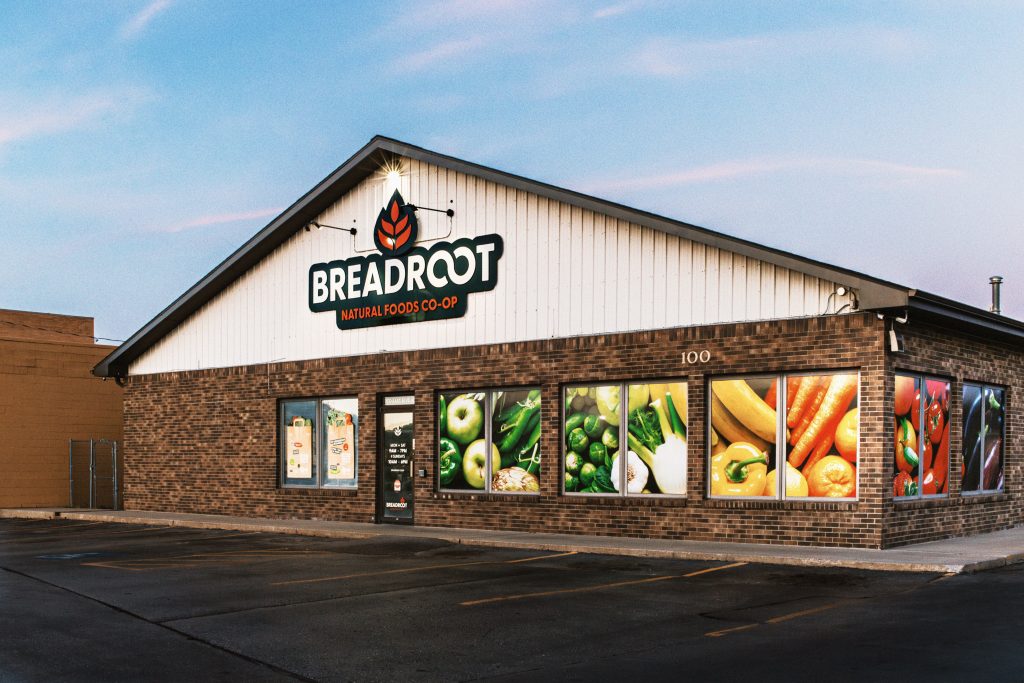Update: “While our decision to match donations stemmed from the loss of SNAP benefits, we’re not going to stop the match we promised for October and November if benefits are restored.” Says Erin Bender of Breadeoot. “It’s still holiday season, times are still tough for lots of families, and it’s just one way we can support the Rapid City community through these times.”
Rapid City, SD – Amid a federal government shutdown that is expected to halt Supplemental Nutrition Assistance Program (SNAP) benefits for approximately 75,000 South Dakotans, over 8% of the population, in November, a local grocer in Rapid City is launching a community effort to help residents facing food insecurity.
Breadroot Natural Foods Co-op, a community-owned grocery store located at 100 East Blvd North in Rapid City, is partnering with Feeding South Dakota to collect donations and help neighbors put meals on the table during this critical time.
The SNAP suspension, which affects thousands of families across South Dakota, has created an immediate need for emergency food assistance across the state. In response, Breadroot is urging shoppers who are able to contribute by adding a $10 or $20 Feeding South Dakota donation card to their grocery purchases.
To maximize the impact of the initiative, the Co-op announced that it will match all donations made throughout October and November. This matching program will double the financial support provided to Feeding South Dakota, an organization already struggling to meet current demand before the loss of federal food assistance benefits. Feeding South Dakota has stated that it does not have enough food to cover the gap left by the SNAP funding freeze.
As a community-owned establishment, Breadroot Natural Foods Co-op emphasizes its commitment to the Black Hills community and its belief that everyone deserves access to nourishing food. The donation drive is intended to help offset the sudden loss of vital food assistance for many South Dakota families.
The partnership comes as food banks and charitable organizations across the state brace for an unprecedented surge in demand following the loss of SNAP benefits.


